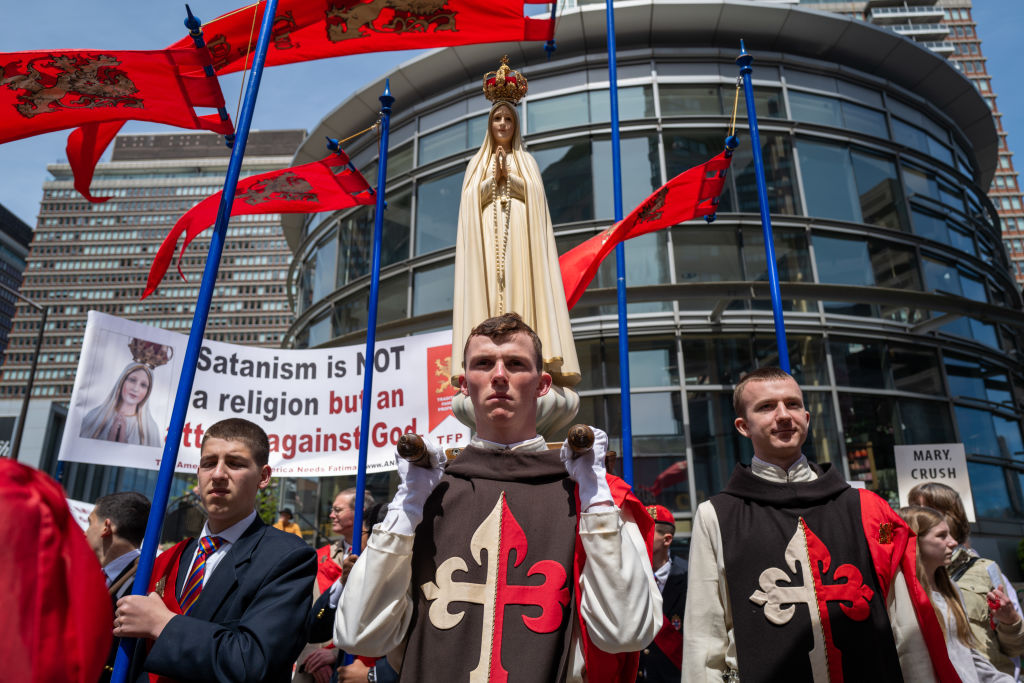The changing landscape of religious identification in America has seen a significant shift over the past two decades, particularly among Democrats, as highlighted by a recent Gallup survey.
In 1999, 60 percent of Democrats identified as religious, a figure which has since fallen by 23 points to 37 percent in 2023. Conversely, the percentage of Democrats identifying as spiritual but not religious has risen 14 points, and those claiming to be neither have tripled.
In contrast, Republican self-identification as religious or spiritual has remained relatively stable, with 61 percent identifying as religious compared to 62 percent in 1999. The number of Republicans identifying as spiritual has seen a marginal increase from 25 percent to 28 percent over the same period. Independents have also experienced modest changes, with a slight decrease in those identifying as spiritual, and a rise in those claiming to be neither religious nor spiritual.
Overall, 47 percent of Americans identify as religious, 33 percent as spiritual but not religious, and 18 percent say they are neither—a figure twice that recorded in 1999. Over this period, the overall percentage identifying as religious has declined by seven points. Gallup’s measures of religiosity and religious practice have shown similar trends, with steeper declines in formal religious practice than in belief in God and prayer.
A Wall Street Journal poll released in March reflected similar trends, finding that while 49 percent of respondents stated they knew God really exists and had no doubts about it, only 39 percent said religion was “very important” to them. This figure represents a significant decline from the 62 percent who rated religion as “very important” in 1998. Younger respondents and Democrats were less likely to rank religion as very important compared to seniors and Republicans.
These findings are based on a poll conducted by Gallup between July 3-27 with 1,015 U.S. adults. The margin of sampling error is ± four percentage points at the 95 percent confidence level.













